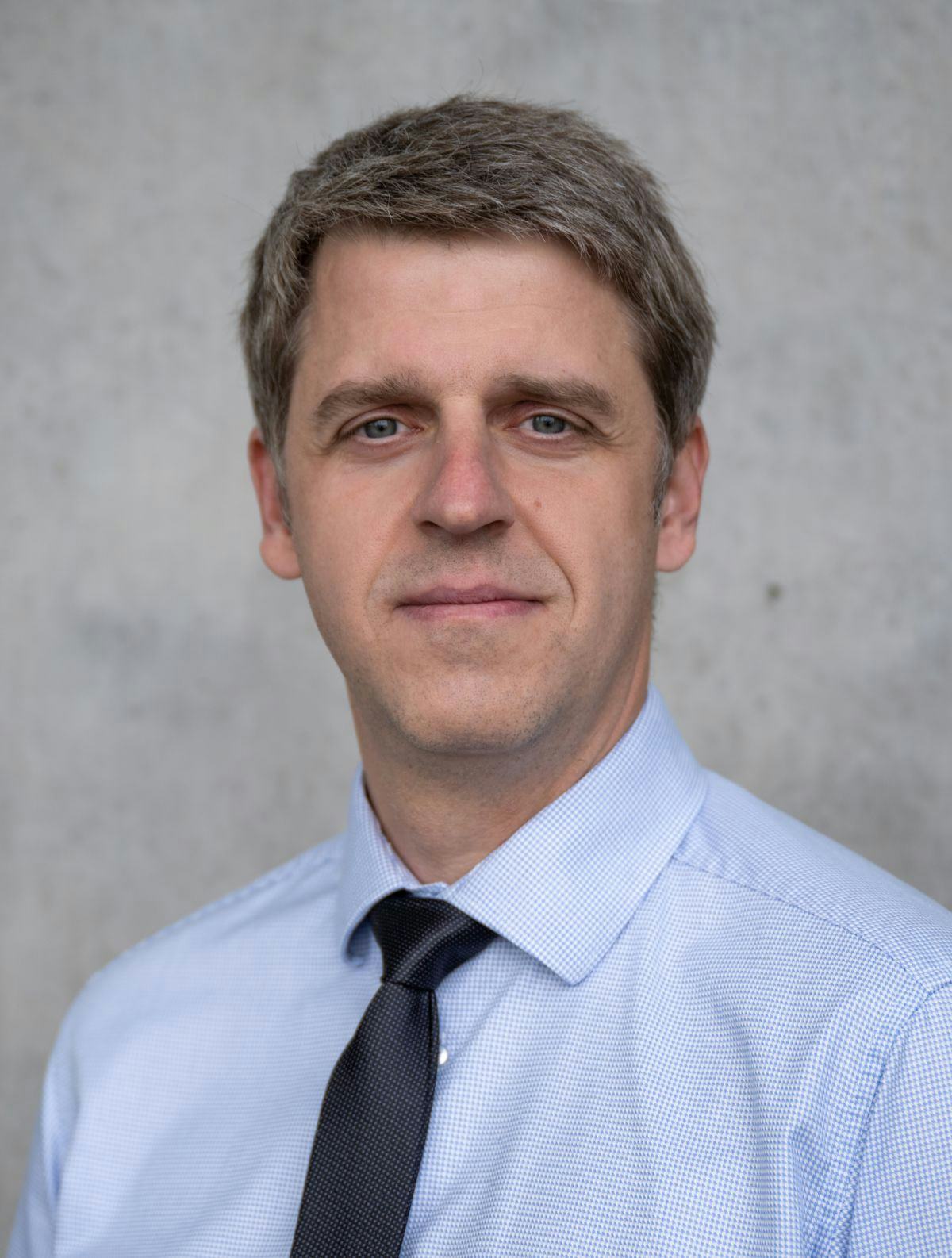Department Seminar Series: Grzegorz Hałaj on “Stress testing tools – where we stand and where to go?”
ABSTRACT
The talk will focus on some extensions to the stress testing tools that enhance vulnerability assessment in liquidity risk space and counterparty credit risk. Stress testing is an established way to identify weaknesses in the financial institutions and in the financial system as a whole. However, stress test tools are constantly developed to tackle evolving risks in the dynamic financial system, e.g., liquidity risk that again forcefully reminded about itself in March 2023. More research on the topic is needed to support robust and comprehensive stress testing, and some ways forward will be discussed.
BIOGRAPHY
Grzegorz Hałaj is a Team Lead in the Stress Test Expert Division of the European Central Bank (ECB), responsible for stress test activities in market risk and liquidity risk. Previously, he worked in the research department of the ECB and, before that, he was a researcher, director and later a policy advisor at the Bank of Canada, in the financial stability department. Before joining the Bank of Canada, he worked in the financial stability and macroprudential policy directorate of the ECB. He has also gained professional experience in the private sector, working for Polish subsidiary of UniCredit Bank, in asset and liability management. His research interests focus on systemic risk and complexity of the financial system, portfolios management and stress testing models. He was involved in policy dossiers, like evaluation of the Basel III regulatory reforms by the Basel Committee on Banking Supervision (BCBS), analysis of central cleating interconnectedness conducted by BCBS-FSB-CPMI-IOSCO, or coordination of various elements of the EU-wide stress test exercises. He holds PhD in financial mathematics from Warsaw School of Economics and was a research fellow at the Math Department of the King’s College London and at the Fields Institute, University of Toronto.
At any time, photography or videography may be occurring on Stevens’ campus. Resulting footage may include the image or likeness of event attendees. Such footage is Stevens’ property and may be used for Stevens’ commercial and/or noncommercial purposes. By registering for and/or attending this event, you consent and waive any claim against Stevens related to such use in any media. See Stevens' Privacy Policy for more information.
